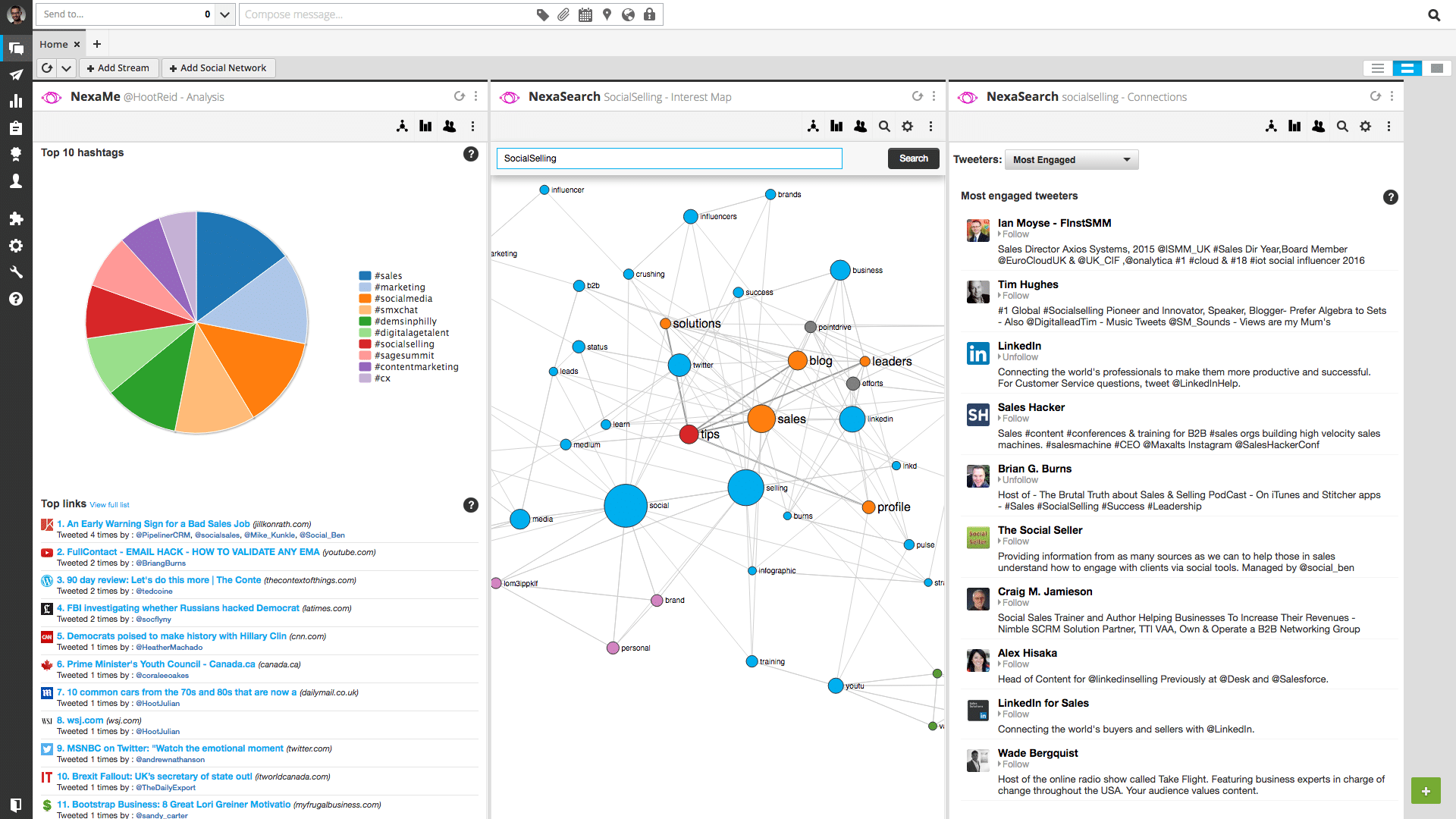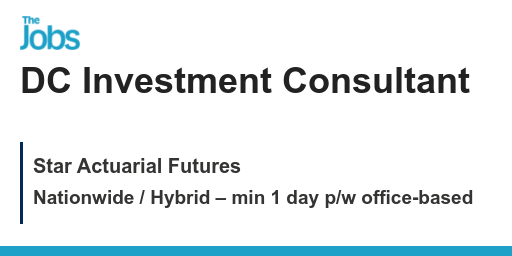
Why should you employ consultants? Here are some benefits: Expertise, Travel, Cost, and Intangible Results Read on to find out whether a consultant is right for you! Ask the experts questions! This article will examine the advantages of consulting as a career. A consultant with expertise is a good place to start. You'll also find out what other reasons are worth considering.
Intangible outcomes
Consultants add value to clients by helping them influence others. This is why consultants charge more than average employees. Consultants can have happier clients, better social status and more perceived expertise. These are some ways to increase your work's value. Clients also appreciate tangible results. Therefore, clients will pay more for consulting services.

Expertise in a particular field
A specialist in a field can make it easier to transition into consulting. Consultants who specialize in a specific field often have a stronger job market than generalists, because top consulting firms have a high demand for those with specific expertise. Experts must pass the same rigorous case interviews that generalists. However, experts often have an advantage over others who don't have specialized training. Experts usually earn higher salaries that generalists.
Hiring consultants is expensive
Many times, hiring managers make the error of simplifying the financial analysis involved in hiring a consultant. While hiring a consultant will incur a higher cost than hiring an employee, the real costs of such a decision are much lower than those of an employee. Consulting firms charge an hourly rate that is lower than employees. And, the cost of training a new employee can be a lot lower than training a consultant.
Traveling as a consultant
Travel time as a consultant is governed by rules and regulations. Consultants who are not exempt from travel are required to travel for work. They are also paid for any time spent away from their home. Travel time is paid according to state and federal regulations. This compensation depends on where the consultant was located and how far they traveled. If time spent away at home is outside of normal working hours it is considered work.

For consultants, developing a knowledge management strategy
To develop a knowledge management program for your business, you will need to spend time and money identifying your goals. Once you've done that, you can set metrics for performance, quality, compliance, and value to measure your knowledge management program's efficacy. This will enable you to monitor your progress in real time and measure your overall effectiveness. You'll begin to see the benefits of knowledge-management in just a few months.
FAQ
How can I become a successful consultant
The first step is to find an area you are passionate about. You must then build relationships. It is crucial to learn about your clients and understand their needs. The final step is to provide results.
While you don’t have to be the greatest at everything, you have to be better than everyone else. You also need to have a passion for what you do. It is not enough to simply say, "I want to become a consultant." It's important to believe in your abilities and do what you love.
What is the difference of a consultant versus an advisor?
An advisor is someone who provides information about a subject. A consultant provides solutions to problems.
A consultant works directly with clients to help them achieve their goals. An advisor advises clients indirectly through books, magazines, lectures, seminars, etc.
Consulting is it a job?
Consulting is not only a good entry-level job for people looking to make quick money.
Consulting can offer many career opportunities, such as project management and business development. It is possible to work on projects that range from small start ups to large, international corporations.
Consulting gives you the chance to grow and develop your skills. This could include learning how to manage teams, write proposals, manage budgets and analyze data.
What qualifications do you need to become a consultant in order to get your degree?
Studying a subject deeply and then applying your knowledge is the best way for you to become an expert.
Start studying today if you want the skills to be a great manager!
Employers may be reluctant to hire people with a degree, but not the relevant experience. You could still apply if you are able to show that you have the same subject knowledge as the people who were hired.
Employers will always search for candidates with real-world experience.
Who hires consultants
Many companies hire consultants to help with their projects. This includes small businesses, large corporations and government agencies.
Some consultants work directly with these organizations while others freelance. The hiring process will vary depending on the complexity and size of the project.
There will be many rounds of interviews for consultants when you are looking to hire. Only then can you select the right person to fill the position.
Statistics
- 67% of consultants start their consulting businesses after quitting their jobs, while 33% start while they're still at their jobs. (consultingsuccess.com)
- According to IBISWorld, revenues in the consulting industry will exceed $261 billion in 2020. (nerdwallet.com)
- According to statistics from the ONS, the UK has around 300,000 consultants, of which around 63,000 professionals work as management consultants. (consultancy.uk)
- WHY choose me: Why your ideal client should choose you (ex: 10 years of experience and 6-week program has helped over 20 clients boost their sales by an average of 33% in 6 months). (consultingsuccess.com)
- Over 62% of consultants were dissatisfied with their former jobs before starting their consulting business. (consultingsuccess.com)
External Links
How To
What does a typical day look like for a consultant?
Each type of work will dictate the day's pace. You'll spend your time researching new ideas and meeting clients.
You will have many meetings where clients and you can discuss their issues. These meetings can take place over the phone, via email, online, or face to face.
Sometimes, you may be asked to create proposals. These are documents that outline your ideas and plans for clients. You will need to discuss these proposals with a mentor or colleague before you present them to clients.
After all the planning and preparation you will have to put your efforts into creating some content. You could write articles, design websites, edit photos or conduct interviews.
It depends on the project's scope, you might need to do some research to collect relevant statistics. You might need to determine how many customers you have, and whether they buy more than one product.
Once you have enough information, it is time to present your findings and conclusions to clients. You may give your findings orally or in written form.
After the initial consultation, it is important to follow up with clients. For example, you might call them periodically to see how things are going or send emails asking them to confirm that they received your proposal.
Although it takes time, this process is worth it. It's also important to keep your eyes on the prize and maintain good relations with clients.